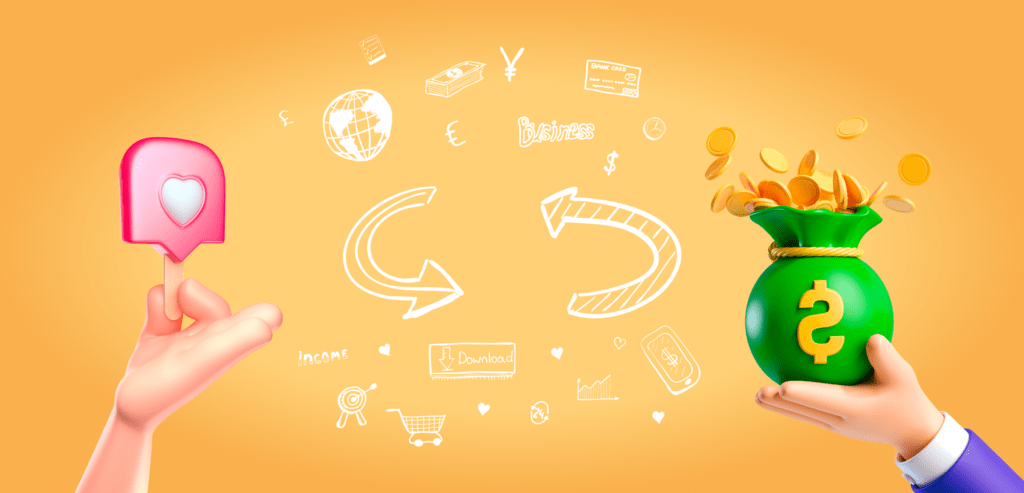
Anyone who has heard even a little about affiliate marketing has come across the concepts of publishers and advertisers.
Essentially, these are the main actors operating in the mentioned ecosystem.
Today, let’s look at what these terms mean, whether one can include the other, and how not to confuse the concepts.
What do the publisher and the advertiser do?
Their roles are different. Advertisers are companies (those that produce or sell products or services) that outsource all or part of the promotion of their products. For this purpose, they approach an affiliate programme, performance agency, or media buying team. Special mention should go to the so-called direct advertiser. It is an affiliate programme that itself produces the goods/services advertised by the publishers.
Publishers are people or groups who promote the advertiser’s products directly or through an affiliate programme. They do not receive a salary, but a certain amount of money for each user they attract. There are several payment schemes, each based on what action a potential lead takes that is “influenced” by the advertising run by the publisher. It could be by going to the right website, registering in an app, leaving a loan application, and many others.
Accordingly, the publisher can also be free to choose the means of promoting the advertiser’s products and use a particular source of traffic or several. People who promote through SEO, for example, can also be called webmasters.

To avoid confusion, let’s look at a simple example.

Company N applies to the affiliate programme M with its offer: a slimming cream. That offer is seen in the personal account of the affiliate program by George, who has a specially designed for such purposes sites about beauty and health. He installs the necessary code on his website. The network begins to show ads for this product on George’s sites. Every time this slimming cream is ordered through one of his websites, he receives the amount of money prescribed in the offer.
Thus, George is the publisher, M is the advertiser, and N is the affiliate, just mentioned above.

A fair question may arise: why doesn’t the publisher approach the company directly? It is possible. First, there are affiliate programmes that develop their products (health and beauty products). So they are direct advertisers.
Also, large companies, such as big federal or international online retailers, deploy affiliate programmes on their bases. In this case, the difference from the previous example is that the principal company’s activity here will be online sales of its products. The affiliate programme will become a kind of department of the company to promote its goods.
But back to our question. Yes, it is possible to work with a company directly. But this option will suit already experienced publishers who do not need help from the partner programme. Also, there must be trust and confidence in the integrity of the other side. That’s why the point of most affiliate programs is not only to connect the two parties, but to resolve conflicts, and misunderstandings, and avoid fraud by either party.
We hope this article has helped you to understand the meaning of these two concepts and how they differ from each other.
We continue to regularly feed our blog with interesting and informative articles, and topics, which are currently relevant and in demand in the market.




